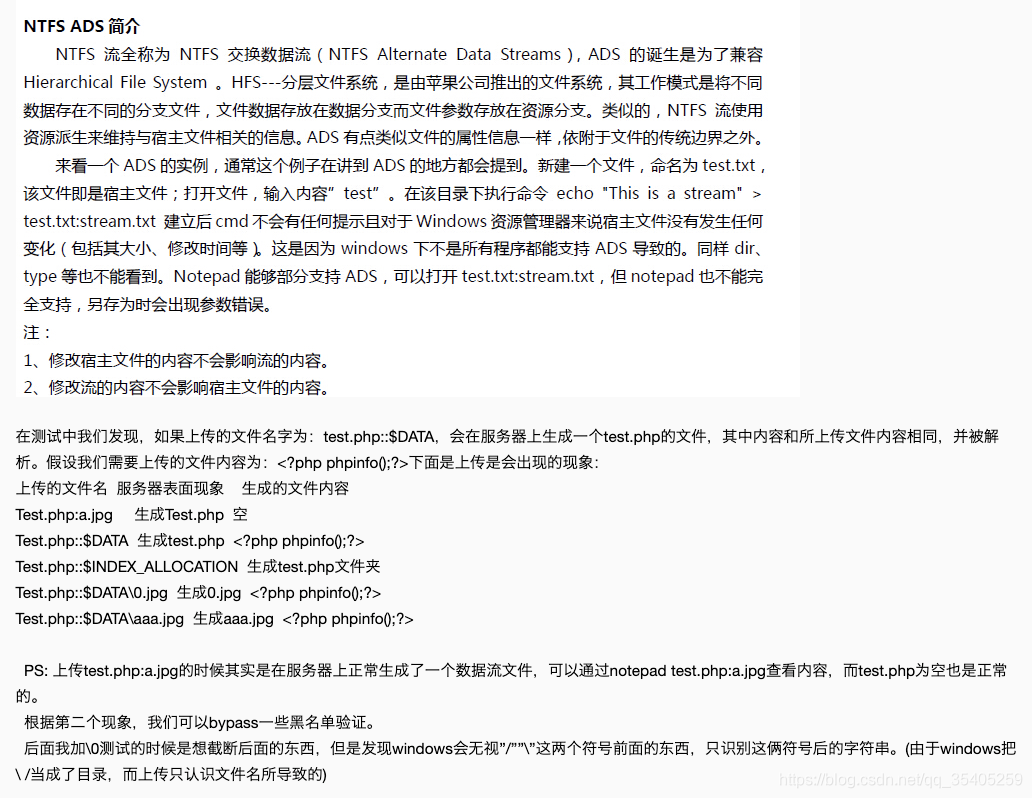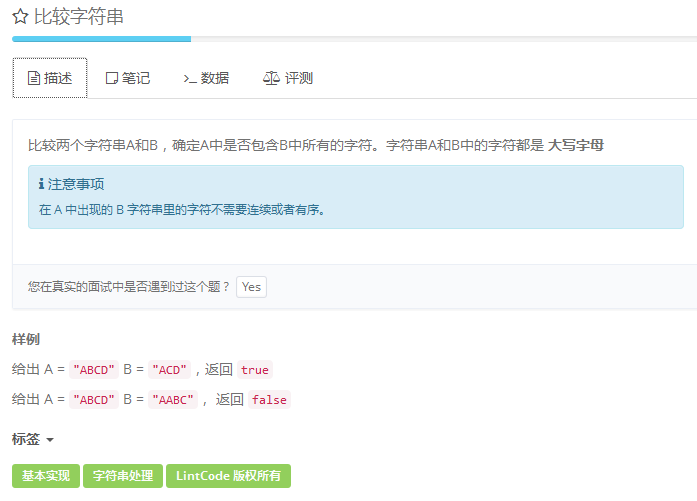今天我们来看UrlRule.php
<?php /*** @link http://www.yiiframework.com/* @copyright Copyright (c) 2008 Yii Software LLC* @license http://www.yiiframework.com/license/*/ namespace yii\web; use Yii; use yii\base\Object; use yii\base\InvalidConfigException; /*** UrlRule represents a rule used by [[UrlManager]] for parsing and generating URLs.* urlrule代表由[[urlmanager]]用于解析和生成的URL规则* To define your own URL parsing and creation logic you can extend from this class* and add it to [[UrlManager::rules]] like this:* 定义自己的网址解析和创建逻辑,您可以从这个类扩展添加到[规则] ] [ urlmanager::像这样:* ~~~* 'rules' => [* ['class' => 'MyUrlRule', 'pattern' => '...', 'route' => 'site/index', ...],* // ...* ]* ~~~** rule中class的默认值是yii\web\UrlRule** @author Qiang Xue <qiang.xue@gmail.com>* @since 2.0*/ class UrlRule extends Object implements UrlRuleInterface {/*** Set [[mode]] with this value to mark that this rule is for URL parsing only* 集[ [model] ]与这个值,以标记这条规则是唯一的网址解析*/const PARSING_ONLY = 1;/*** Set [[mode]] with this value to mark that this rule is for URL creation only* 集[ [model] ]与这个值,以标记这条规则是唯一的网址解析*/const CREATION_ONLY = 2;/*** @var string the name of this rule. If not set, it will use [[pattern]] as the name.* 这个规则的名称。如果没有设置,它将使用[ [模式] ]作为名称。*/public $name;/*** @var string the pattern used to parse and create the path info part of a URL.* 用来解析和创建一个链接的路径信息的模式。* @see host*/public $pattern;/*** @var string the pattern used to parse and create the host info part of a URL (e.g. `http://example.com`).* @see pattern* 用于解析和创建一个URL的主机信息的模式(例如`http://example.com`)。*/public $host;/*** @var string the route to the controller action* 控制器作用的路径*/public $route;/*** @var array the default GET parameters (name => value) that this rule provides.* 该规则提供的默认参数(名称=值)。* When this rule is used to parse the incoming request, the values declared in this property* will be injected into $_GET.* 当这个规则被用来解析传入的请求时,在这个属性中声明的值将注入$_GET。*/public $defaults = [];/*** @var string the URL suffix used for this rule.* 用于此规则的网址后缀。* For example, ".html" can be used so that the URL looks like pointing to a static HTML page.* 例如,“HTML”可以使URL看起来像指向一个静态HTML页面。* If not, the value of [[UrlManager::suffix]] will be used.* 例如,“HTML”可以使URL看起来像指向一个静态HTML页面。*/public $verb;/*** @var integer a value indicating if this rule should be used for both request parsing and URL creation,parsing only, or creation only.* 一个值,该值表示,如果该规则应用于请求分析和链接创建,只分析或创建。** If not set or 0, it means the rule is both request parsing and URL creation.* 如果没有设置或0,这意味着规则是请求解析和链接创建。* If it is [[PARSING_ONLY]], the rule is for request parsing only.* 如果是[[parsing_only]],规则是只要求解析。* If it is [[CREATION_ONLY]], the rule is for URL creation only.* 如果是[[creation_only]],规则是URL只有创造。*/public $mode;/*** @var boolean a value indicating if parameters should be url encoded.* 返回一个boolean值,该值指示如果参数应该是网址编码。*/public $encodeParams = true;/*** @var string the template for generating a new URL. This is derived from [[pattern]] and is used in generating URL.* 生成一个新的网址的模板。这是源于[[pattern]] ,并用于产生网址。*/private $_template;/*** @var string the regex for matching the route part. This is used in generating URL.* 该路线的部分匹配正则表达式。这是用来产生网址。*/private $_routeRule;/*** @var array list of regex for matching parameters. This is used in generating URL.* list of regex for matching parameters. This is used in generating URL.*/private $_paramRules = [];/*** @var array list of parameters used in the route.* 路由的参数存储数组*/private $_routeParams = [];/*** Initializes this rule.*/public function init(){if ($this->pattern === null) {throw new InvalidConfigException('UrlRule::pattern must be set.');}if ($this->route === null) {throw new InvalidConfigException('UrlRule::route must be set.');}if ($this->verb !== null) {// 将verb变成数组,并将器内容全部大写if (is_array($this->verb)) {foreach ($this->verb as $i => $verb) {$this->verb[$i] = strtoupper($verb);}} else {$this->verb = [strtoupper($this->verb)];}}if ($this->name === null) {$this->name = $this->pattern;}$this->pattern = trim($this->pattern, '/');$this->route = trim($this->route, '/');if ($this->host !== null) {// host存在$this->host = rtrim($this->host, '/');$this->pattern = rtrim($this->host . '/' . $this->pattern, '/');} elseif ($this->pattern === '') {// pattern为空$this->_template = '';$this->pattern = '#^$#u';return;} elseif (($pos = strpos($this->pattern, '://')) !== false) {// 存在'://'字符串if (($pos2 = strpos($this->pattern, '/', $pos + 3)) !== false) {// 找到'://'之后的第一个'/'的位置,并截取之前的字符串作为host$this->host = substr($this->pattern, 0, $pos2);} else {$this->host = $this->pattern;}} else {$this->pattern = '/' . $this->pattern . '/';}/*** $rule的结构如下* [* 'route'=>'PUT,POST <controller:\w+>/<id>'* 'verb'=>['PUT','POST'],* 'pattern'=>'<controller:\w+>/<id>'* ]*/if (strpos($this->route, '<') !== false && preg_match_all('/<(\w+)>/', $this->route, $matches)) {// 匹配不带正则表达式的路由配置,并放入_routeParams中存起来// 如上的例子中,$matches[1]=['id']foreach ($matches[1] as $name) {$this->_routeParams[$name] = "<$name>";}}$tr = ['.' => '\\.','*' => '\\*','$' => '\\$','[' => '\\[',']' => '\\]','(' => '\\(',')' => '\\)',];$tr2 = [];/*** 匹配带正则表达式的路由配置* PREG_PATTERN_ORDER* 结果排序为$matches[0]保存完整模式的所有匹配, $matches[1] 保存第一个子组的所有匹配,以此类推。** PREG_SET_ORDER* 结果排序为$matches[0]包含第一次匹配得到的所有匹配(包含子组), $matches[1]是包含第二次匹配到的所有匹配(包含子组)的数组,以此类推。** PREG_OFFSET_CAPTURE* 如果这个标记被传递,每个发现的匹配返回时会增加它相对目标字符串的偏移量。* 注意这会改变matches中的每一个匹配结果字符串元素,使其成为一个第0个元素为匹配结果字符串,第1个元素为 匹配结果字符串在subject中的偏移量。** 如果没有给定排序标记,假定设置为PREG_PATTERN_ORDER。** 如果$this->pattern是'<controller:\w+>/<id:\d+>'* 则$matches为[* [['<controller:\w+>', 0], ['controller', 1], ['\w+', 12]],* [['<id:\d+>', 17], ['id', 18], ['\d+', 21]]* ]*/if (preg_match_all('/<(\w+):?([^>]+)?>/', $this->pattern, $matches, PREG_OFFSET_CAPTURE | PREG_SET_ORDER)) {foreach ($matches as $match) {// 以第一条记录为例// $name = 'controller'$name = $match[1][0];// $pattern = '\w+'// 如果正则表达式的匹配值为空,则默认为'[^\/]+'$pattern = isset($match[2][0]) ? $match[2][0] : '[^\/]+';if (array_key_exists($name, $this->defaults)) {$length = strlen($match[0][0]);$offset = $match[0][1];if ($offset > 1 && $this->pattern[$offset - 1] === '/' && $this->pattern[$offset + $length] === '/') {$tr["/<$name>"] = "(/(?P<$name>$pattern))?";} else {$tr["<$name>"] = "(?P<$name>$pattern)?";}} else {// str['<controller>'] = '(?P<controller>\w+)'$tr["<$name>"] = "(?P<$name>$pattern)";}if (isset($this->_routeParams[$name])) {$tr2["<$name>"] = "(?P<$name>$pattern)";} else {$this->_paramRules[$name] = $pattern === '[^\/]+' ? '' : "#^$pattern$#u";}}}// 如果$this->pattern是'<controller:\w+>/<id:\d+>'// 则$this->_template是'<controller>/<id>'$this->_template = preg_replace('/<(\w+):?([^>]+)?>/', '<$1>', $this->pattern);// $this->pattern最终是'#^(?P<controller>\w+)/(?P<id>\d+)$#u'$this->pattern = '#^' . trim(strtr($this->_template, $tr), '/') . '$#u';if (!empty($this->_routeParams)) {$this->_routeRule = '#^' . strtr($this->route, $tr2) . '$#u';}}
















